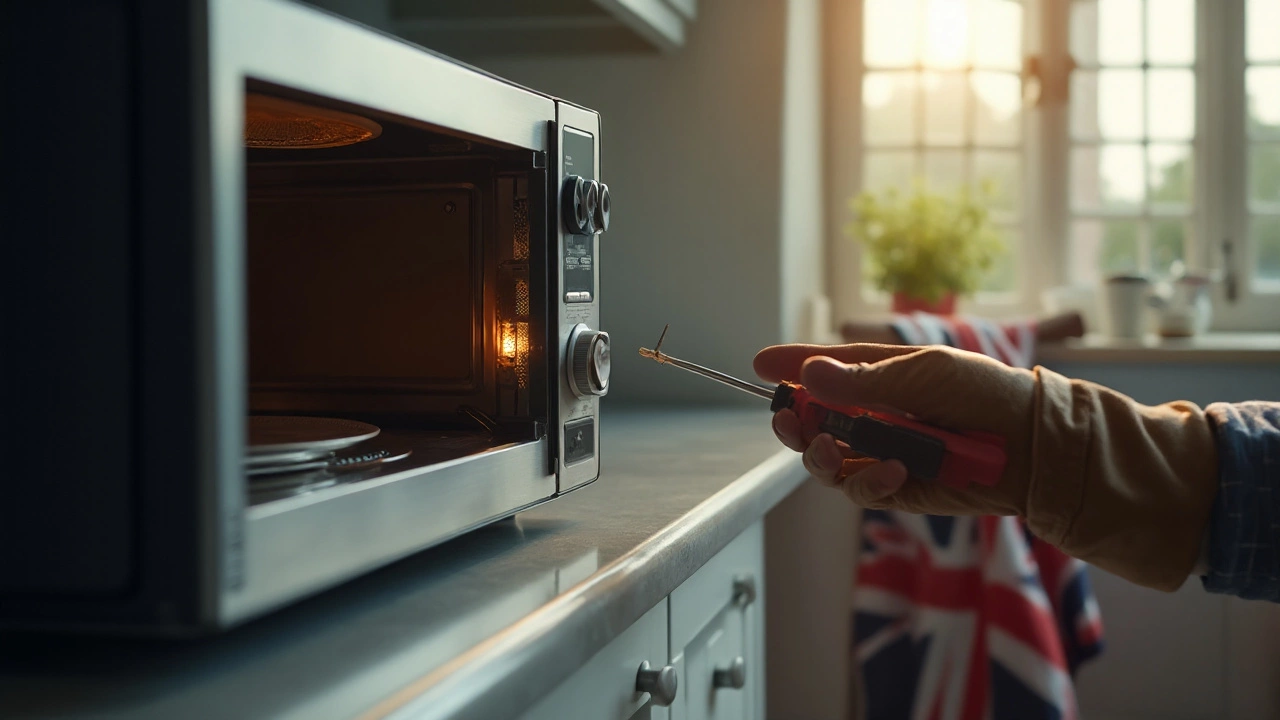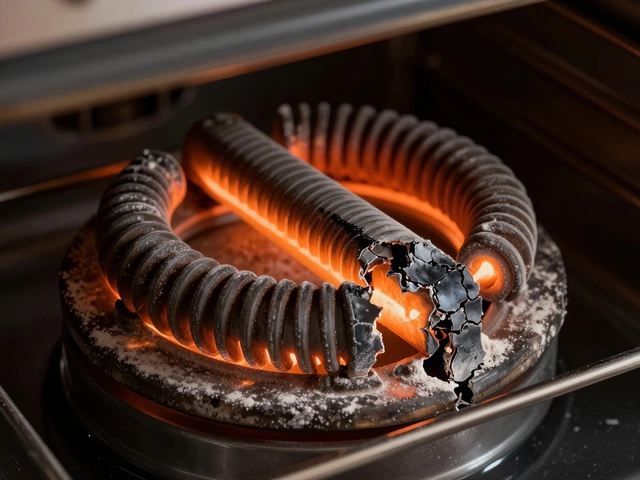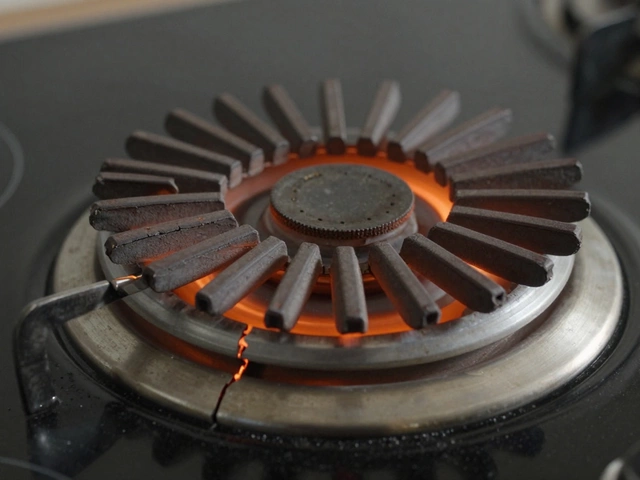If your washing machine suddenly stops, your oven won’t heat, or a light flashes on the fridge control panel, a blown fuse is often the culprit. Fuses are tiny safety devices that break the circuit when too much current flows. Replacing them is usually quick, cheap, and can save a call-out fee.
First, look for the obvious signs: the appliance won’t power on, a reset button keeps tripping, or you hear a soft pop. In many modern machines the fuse is a clear glass tube with a metal strip inside. If the strip is broken or the glass looks cloudy, it’s time for a new one. Some appliances hide the fuse behind a metal panel – you’ll need a screwdriver to get at it.
Before you start, unplug the appliance. Even if it looks dead, there can still be stored electricity. Grab a pair of needle‑nose pliers, a small flat‑head screwdriver, and a replacement fuse that matches the amperage rating printed on the old one (usually 3A, 5A, or 13A). If you’re unsure about the rating, bring the old fuse to a local hardware store – they’ll help you pick the right size.
Once you have the tools, follow these steps:
If the appliance works, you’ve saved a repair bill. If it still won’t start, the fuse may be fine and the problem lies elsewhere – a motor, thermostat, or electronic board could be at fault.
Common appliances you’ll encounter:
When you replace a fuse and it blows again within a few days, don’t keep swapping parts. Something is drawing too much current and could be a fire risk. That’s when you call Bognor Regis Appliance Repair Experts. Our technicians can diagnose the underlying issue and safely fix it.
Still not comfortable doing it yourself? We offer fast, reliable fuse replacement as part of our broader repair service. A fresh fuse is cheap, but a mishandled electrical component can cost a lot more.
Bottom line: a blown fuse is one of the easiest DIY fixes you can do. Grab the right replacement, follow the safety steps, and you’ll have your appliance humming again in minutes. If anything feels off, give the pros a call – better safe than sorry.

Learn fast how to spot a blown microwave fuse, test it safely, and replace it yourself. Step‑by‑step instructions, tools needed, and common pitfalls covered.

Struggling with a troublesome boiler? Discover the most frequent issues like lack of heat, strange noises, and leaking water. Learn practical tips and tricks on how to diagnose and fix these problems on your own. Recognize when it's time to call a professional and keep your home warm and comfortable.

Learn how to tell if your oven element is blown by checking for visible damage, testing with a multimeter, and observing oven behavior. Most oven heating issues are simple fixes.

Is it worth repairing a 7-year-old fridge freezer? Usually yes-if the repair is under £200 and the unit still runs efficiently. Learn what fixes make sense, which problems mean replacement, and how much you’ll save on energy bills.

Learn how to tell if your electric stove element is bad with simple visual checks, multimeter tests, and common signs of failure. Save money by diagnosing and replacing it yourself.

Extractor fans are essential for maintaining air quality in enclosed spaces like kitchens and bathrooms. When these fans break down, they can lead to moisture buildup and unpleasant odors. This guide offers practical advice on fixing a broken extractor fan, providing step-by-step instructions that any homeowner can follow. Learn how to diagnose common issues and the tools needed to restore your fan to working order.